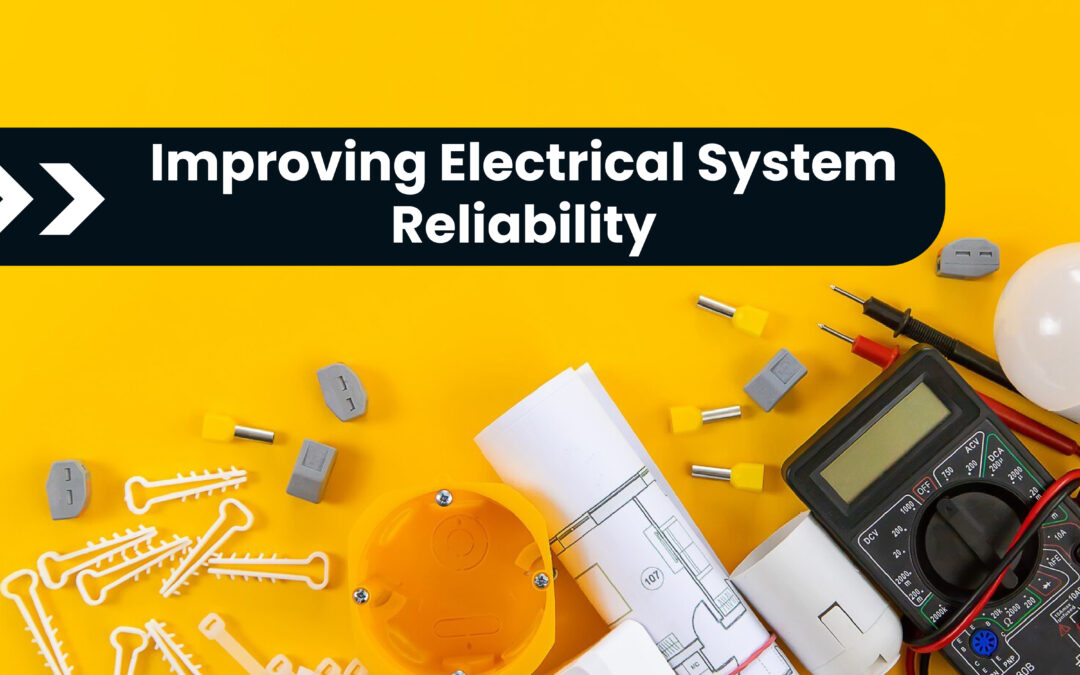
by Bhaskar | Jan 9, 2024 | Blog
Introduction of Power System Studies In the complex domain of electrical systems, the power system studies play a major role. These studies guarantee the dependability, effectiveness, and safety of electrical infrastructure by acting as a compass through its...

by Bhaskar | Dec 30, 2023 | Blog
Electric rail systems have become a foundation of modern transportation, offering efficiency, reduced environmental impact, and speed. Overhead rail electrification, with its crisscrossing web of power lines, has redefined the way we move people and goods, making it...

by Bhaskar | Dec 26, 2023 | Blog
Introduction: Understanding the ThreatAs a natural phenomenon, it manifests as electrical discharges accompanied by intense light and sound. The implications of lightning extend beyond its spectacular display, especially in the context of rail systems. Historical...

by Bhaskar | Oct 23, 2023 | Blog
Electrical System ReliabilityElectrical system reliability refers to the ability of an electrical infrastructure to consistently and efficiently deliver power without disruptions or failures. It encompasses the capacity of the system to function as intended, meeting...

by Bhaskar | Aug 2, 2023 | Blog
Earthing, also known as grounding, is a fundamental concept in electrical systems that involves establishing a direct connection between an electrical device or system and the earth’s conductive surface. This connection serves as a safety measure, as it ensures...






